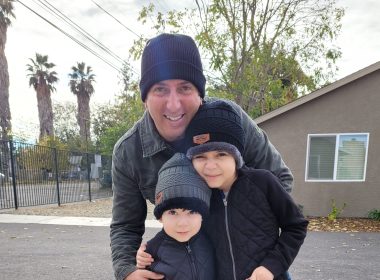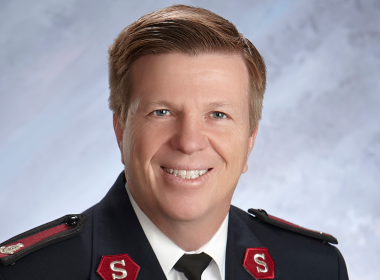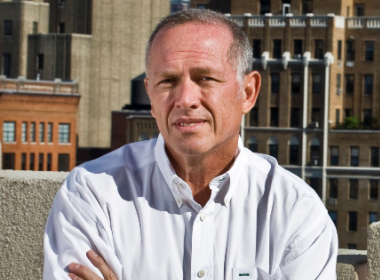European Court of Human Rights intervenes for Army.
A court in Strasbourg, France appears to have ended The Salvation Army’s seven-year legal struggle with the city of Moscow.
The European Court of Human Rights (ECHR) recently ruled that Russia violated The Salvation Army’s rights to freedom of religion and association under Europe’s human rights convention. Russia has repeatedly refused to register the Army’s Moscow branch. Seventeen Salvation Army units operate in Russia, including two in Moscow.
Major Alexander Kharkov, Russia divisional commander, declared, “This is an example for other churches in Russia—it tells them that they can hope for justice.”
Stating that Moscow authorities “did not act in good faith” when they denied registration to the Salvation Army in 1999, the court made a unanimous decision for the Army and awarded the organization 10,000 euros (US$12,700) in damages. The court enforces the Convention for the Protection of Human Rights and Fundamental Freedoms, which Russia ratified in 1998. The treaty is legally binding on all 46 members of the Council of Europe.
The Moscow branch of The Salvation Army was officially registered as a religious organization in 1992. But after a new Russian law on religious associations took effect in 1997, the Moscow Justice Department did not re-register the branch on the grounds that its founders were foreign nationals—despite the Army’s receiving federal registration.
The Army tried unsuccessfully to settle the conflict out of the court. The Russian government, however, declared that The Salvation Army was a subversive “paramilitary foreign organization” and rejected its re-registration application in 2000.
The human rights court ruled there was no reason for Russia to treat foreign nationals differently from Russians when it comes to their ability to exercise freedom of religion. It also ruled that although members of The Salvation Army wore uniforms, “it could not be seriously maintained” that it was a paramilitary organization advocating violence or undermining the integrity or security of the state. They criticized the state’s evaluation of the legitimacy of The Salvation Army’s beliefs, the way officials used subjective demands to deny registration applications, and the discrepancy between the religious rights of local citizens and foreigners.
After the court ruling, Jay Sekulow, chief counsel of the American Center for Law and Justice, stated that the Russian government’s “discriminatory” action against The Salvation Army represented a “serious” and “dangerous” attack against religious freedom.
Attorney Anatoly Pchelintsev, co-chairman of the Slavic Law Center, said, “If Russia does not abide by the European court’s ruling, it may face very serious sanctions, including its exclusion from the Council of Europe.” The Salvation Army Moscow branch lawyers also described the ECHR decision as “historic”—the first for a Russian religious organization— that could serve as a precedent in other cases involving religious freedom in Russia and in all of Europe.
Commissioner Barry Pobjie, territorial commander for the Eastern Europe Territory, said that the judgment “allows us to get on with the vital ministry of reaching out to the lost and serving the poor and suffering, more effectively. We regret that so much time, effort, and money has had to be given to what, at best, should only be a peripheral issue. The big issues facing Russia are those of HIV/AIDS and human trafficking. Hopefully this judgment will now allow us to focus on major issues. It has been a long and costly journey that should never have needed to be made.
“Now we thank God for the judgment and pray fervently that we can get on with meeting human need in Jesus’ name,” he said.
Commissioner Pobjie also emphasized that the Salvation Army’s appeal to the court was not about money. “We are going to use every euro of the money awarded to us for a one-off project to help those who need it most. Not one euro will be used for The Salvation Army or paid to our lawyers, it belongs to the poor.”
Compiled by Karen Gleason from internet sources including the websites of The Salvation Army Eastern Europe Territory and the New Zealand, Fiji and Tonga Territory, WorldWide Religious News (www.wwrn.org), The Hamilton Spectator (www.hamiltonspectator.com), The Christian Post (www.christianpost.com), Forum 18 News Service (www.forum18.org), and Interfax (www.interfax-religion.com)








